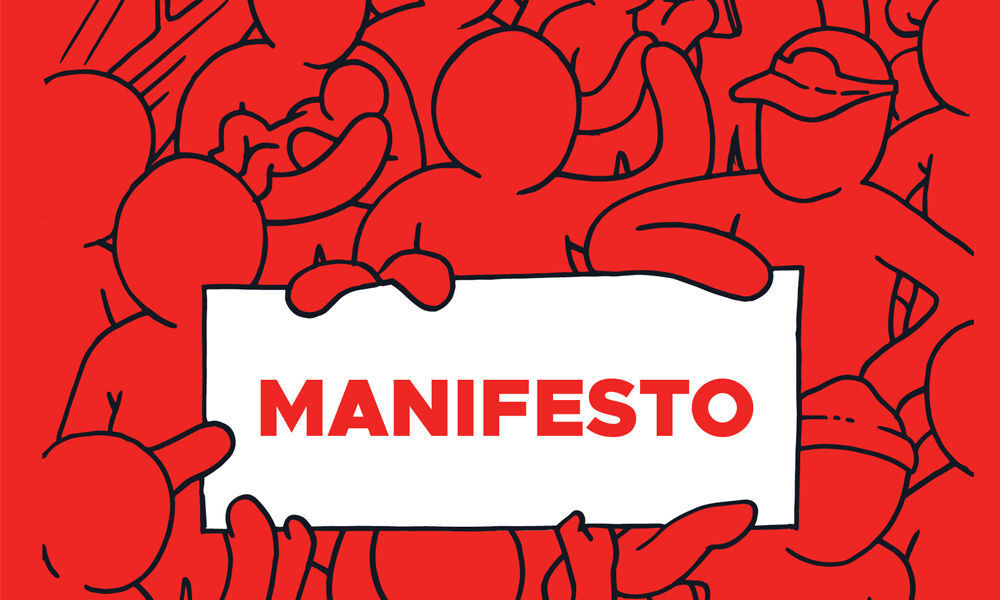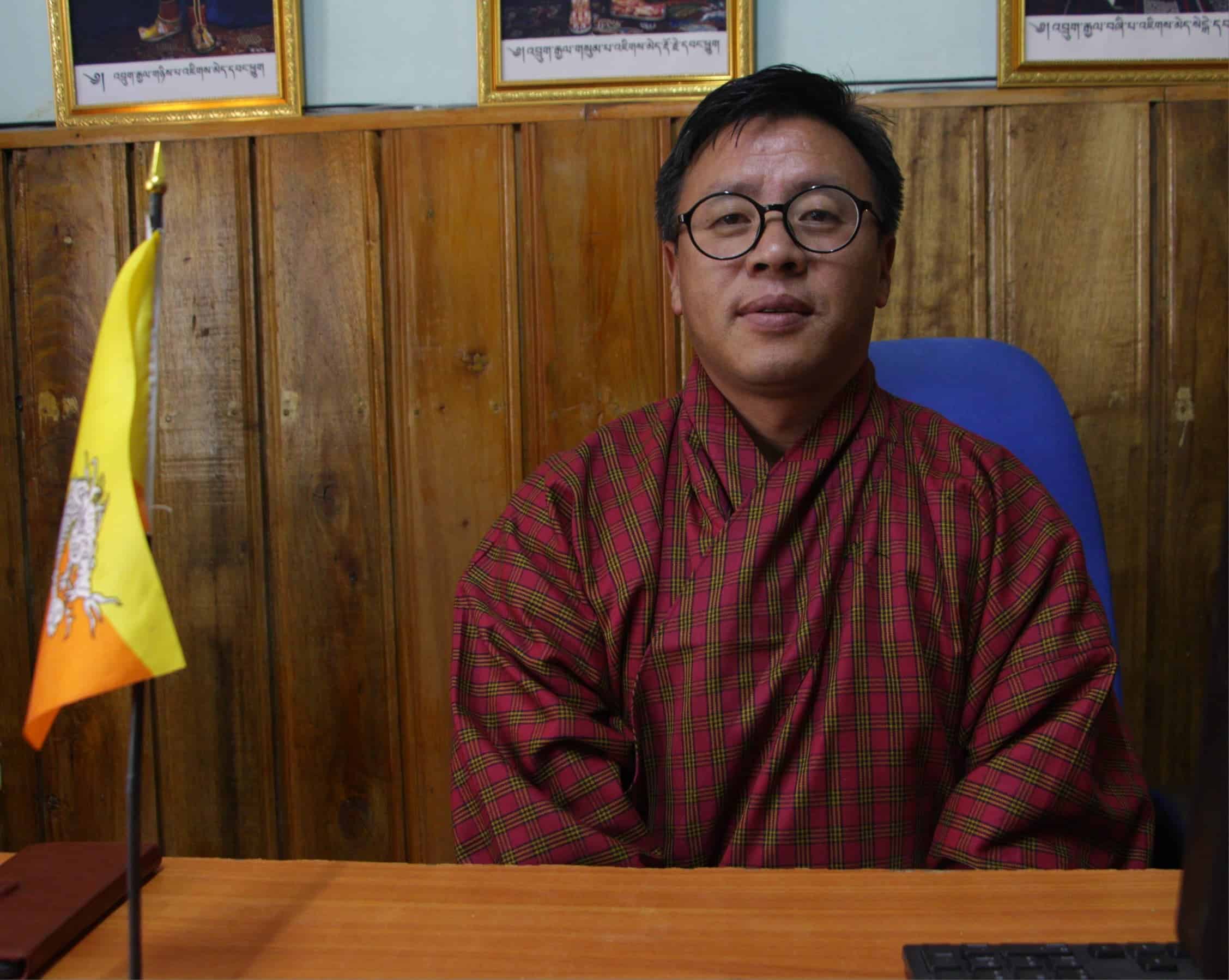Dragging on for years, the problem of unemployment forms one of the top agenda in the priority list of party manifestos
Unemployment has been a major issue in Bhutan and it remains one of the many unresolved social issues of the country to date. As a result, political parties bank upon it and make it to the top of their manifesto agenda as a means to woo voters.
In the ongoing public debate between the five registered political parties, the president of Bhutan Tendrel Party (BTP), Dasho Pema Tshewang, said that youths were required experience to get jobs in any organization. “Unfortunately, they face challenges in obtaining opportunities for work due to the job requirements that demand prior experience, making it difficult for them to gain initial experience in their respective fields,” he said.
To address this, BTP pledges to develop a comprehensive National Skills Policy aimed at recognizing and resolving anticipated and persistent skills shortages in various occupations. The party has also pledged to support the reskilling, retraining, and equipping of every unemployed youth with 21st-century skills through collaborative efforts with the private sector, aiming for complete employability both within and beyond the country.
The party also promised to strive to reduce the unemployment rate below 10%, enhance a supportive environment for entrepreneurs, and establish a ‘One Stop Career Centre’ within the Prime Minister’s Office (PMO) in collaboration with the Ministry of Industry, Commerce, and Employment (MoICE) to streamline efforts for facilitating youth employment.
The party promised to organize regular “Job Fairs” to bring together employers and job seekers, working in partnership with the MoICE.
The People’s Democratic Party (PDP), on the other hand, promises to achieve 97.5% employability in Bhutan in the next five years. The party promises to allocate a youth center in every dzongkhag and will have the responsibility to assist in securing employment for every young individual within their respective dzongkhags.
Through the youth skilling program, the party aims to provide essential skills to 60,000 young individuals in trades and professions currently in demand in the job market. The party will also broaden the capacity of Technical and Vocational Education and Training (TVET) institutions to cater to all youths interested in developing skills in their chosen trades. Through the international employment initiative, the party aims to collaborate with safe countries to facilitate the employment of the youth, establish partnerships with foreign educational institutions, offer specialized training programs in fields like nursing, caregiving, and teaching, with a focus on creating overseas employment opportunities for the youth, and provide support for one youth per household, where no member has previously worked abroad, to study and work in countries such as Australia, the Middle East, and Canada. This support will be extended through concessionary education loans covering the first semester’s tuition fees.
The party is also striving to start the Youth Start-up Loan Program and through the Youth Startup Loan Program, the party aims to create a dedicated organization for youth startups, responsible for generating creative business ideas and supporting young entrepreneurs in obtaining land leases, accessing credit, and building strong marketing networks and establish a specialized ‘Access to Finance’ window within the ‘Youth Startup organization,’ providing concessional loans to empower the youth in financing their entrepreneurial ventures.
Similarly, Druk Phuensum Tshogpa (DPT), will strive to lower overall unemployment to 2.5% and youth unemployment to 5%. The party will also introduce entrepreneurship initiatives to empower the youth, fostering the creation of their businesses and self-employment.
The party looks forward to enhancing the quality of education and training to equip young individuals with the skills and knowledge demanded by both national and international job markets.
The party will review and update our educational curricula to ensure they are in line with the latest developments in technology, industry, and the job market. The party also promises to support internships and apprenticeships, giving students hands-on experience in the workplace and helping them develop the skills they need to succeed in their careers. The party will also conduct regular evaluations and monitoring of the outcomes of our educational programs to ensure that they meet the demands of the job market and help students find meaningful employment.
Government for the last five years, Druk Nyamrup Tshogpa (DNT) pledged that they aim to achieve comprehensive employment, targeting a 97.5% full employment rate characterized by high-quality jobs. Prioritizing economic inclusivity, the party plans to quadruple the income of the bottom 40% of the population. A key focus is on certifying 50% of the workforce in technical and vocational skills to enhance their employability. Additional initiatives include the creation of 5000 jobs in the Digital Economy, fostering careers in sports to generate employment opportunities, and standardizing and supporting the informal sector.
The action plan also targets support for the informal sector, focusing on standardization and assistance for businesses like roadside vendors. Furthermore, the plan emphasizes the promotion of careers in sports, support for vulnerable households to initiate economic activities, the introduction of new technology, and the facilitation of well-paying jobs abroad for youth.
Addressing youth unemployment is a critical concern for Druk Thruendrel Tshogpa (DTT) as well. The party will introduce education loans specifically for TVET scholarships and to allow the youths to opt for TVET education in other countries. The party will also implement investor-friendly initiatives, including red-carpet schemes, to encourage investment in the country.
The political commitments outlined by various parties present a spectrum of strategies, from skills development to job creation and international education opportunities. The upcoming election holds the promise of transformative change, with each party pledging to address the multifaceted challenges that hinder young people and graduates from entering the workforce.
Meanwhile, a recent graduate from Sherubtse College opined that the lack of opportunities and the requirement of experience to get a job are the major problems for most of the graduates in Bhutan to be employed.
According to the Labour Force Survey (LFS), the unemployment rate of Bhutan in the year 2022 stood at 5.9% which translates to 18,198 people being unemployed in the country and the rate of youth unemployability stood at 28.6% which translates to 8,496 of the youths unemployed in the year 2022.
Tandin Tshewang from Thimphu
















